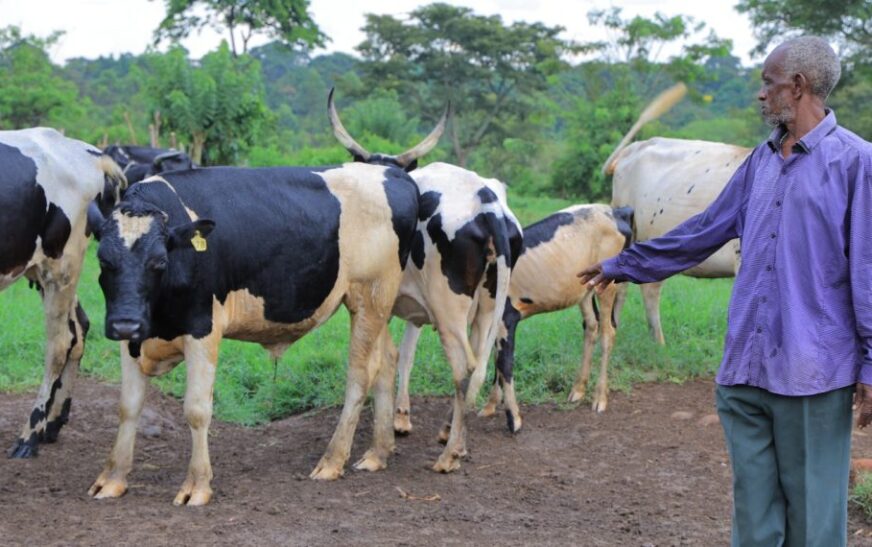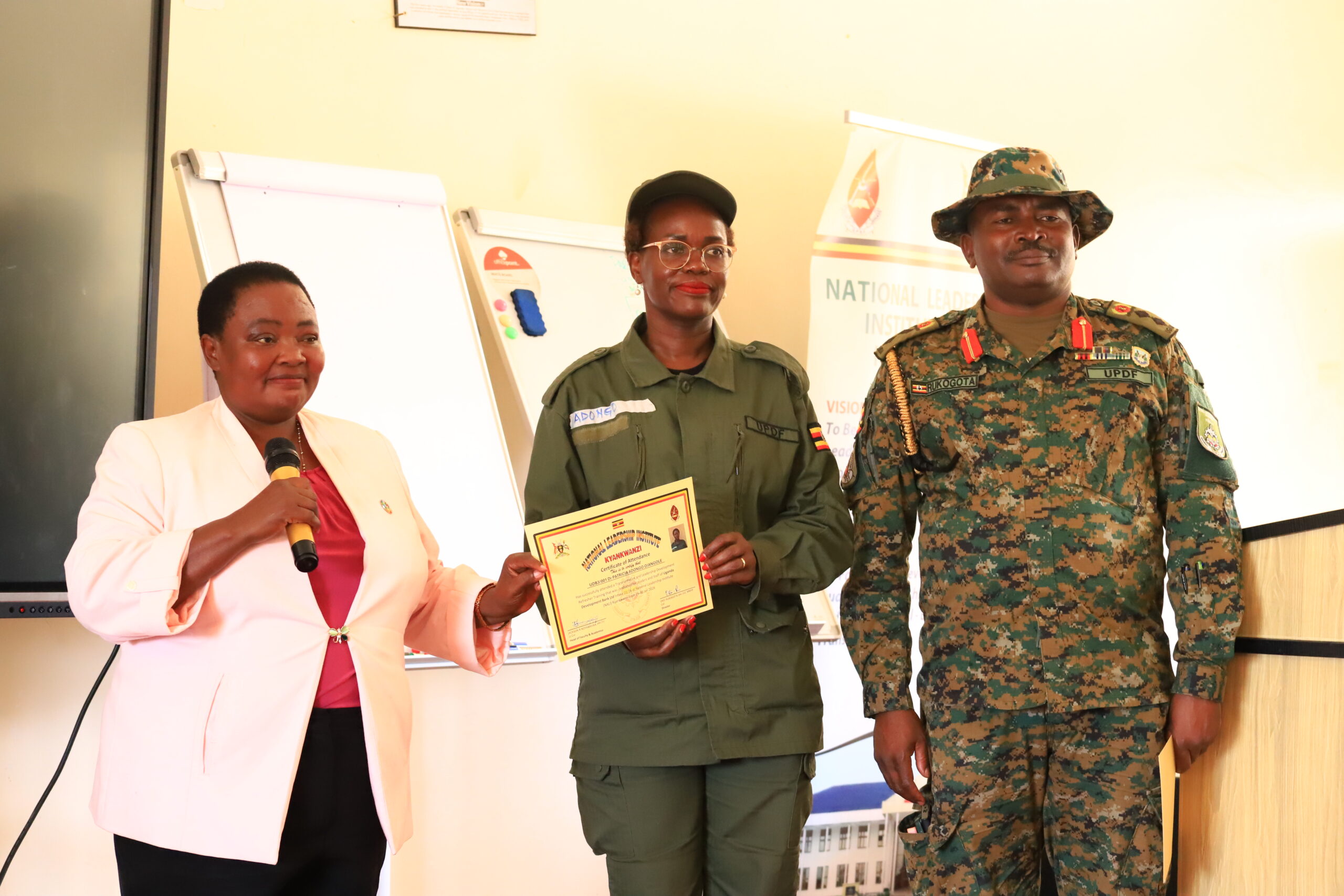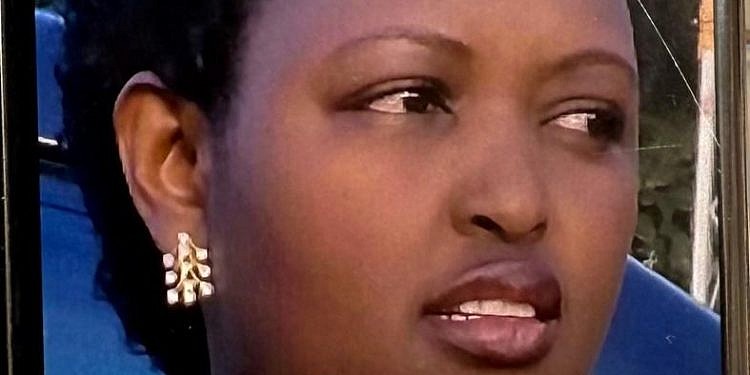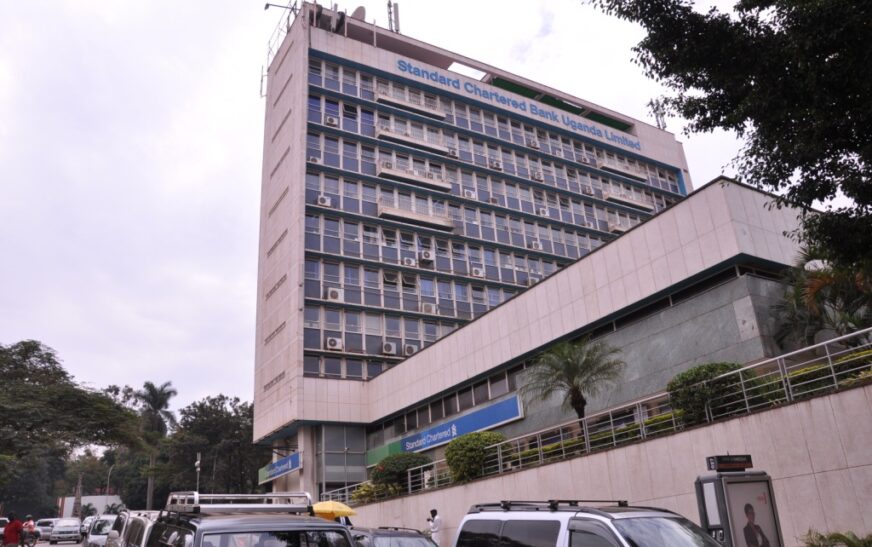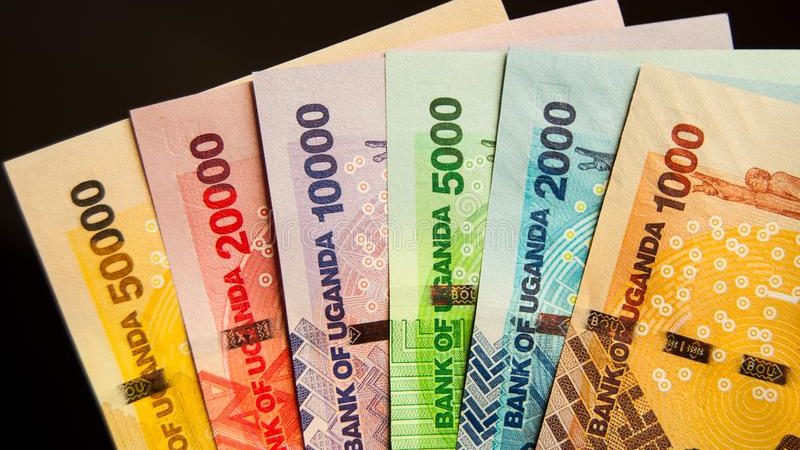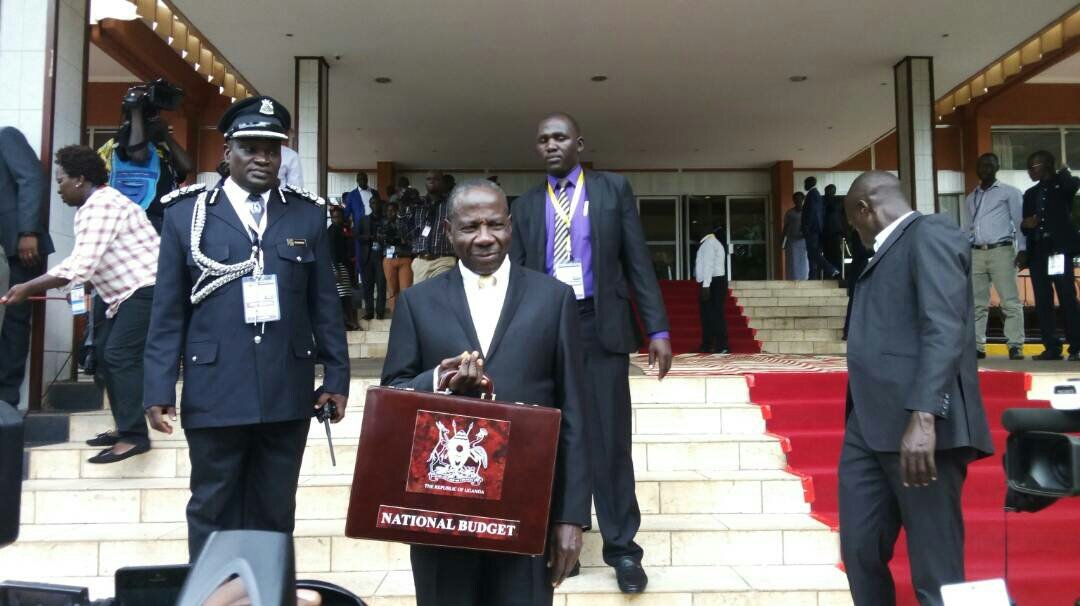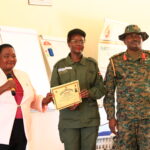By Timothy Nsubuga
Grace Kansiime, a dairy farmer in Ngoma Town Council, knows all too well the devastating effects of drought, which has claimed her cattle and crippled her dairy sales — her main source of livelihood.
“When we were struck by drought, our animals had nothing to eat, and the dams dried up. It became difficult to feed the cattle, leading to the death of some, while others had to be sold off cheaply,” Kansiime explained.
Thanks to a partnership with Heifer International Uganda, Kansiime has since adapted her farming practices to the realities of climate change. She has benefited from pasture seeds and solar-powered technologies that have helped her preserve milk and process silage using a solar-powered chuff cutter.
“The pasture seeds provided by Heifer have solved my feed shortage during the dry season. My cattle now feed on fresh pasture, which has boosted milk production. I now get about 40 liters in the morning and 20 liters in the evening up from just 10 to 20 liters a day. The solar-powered fridge also helps me preserve about 15 jerrycans of 20 liters each of yoghurt that I make and sell weekly,” she said.
Grace is a beneficiary of the Distributed Renewable Energy Ecosystems Model (DREEM) Hub Project Uganda, a three-year multisectoral initiative (2024–2027) implemented by Heifer International with support from the Mott Foundation.
The project mobilizes a diverse network of partners to deliver climate solutions particularly through the productive use of solar energy services (PUSE) using an ecosystem-based approach. It aims to improve access to skilled labor, entrepreneurship opportunities, solar energy services, and livelihood support for key agricultural value chains in Uganda.
Another beneficiary, Rwakyaka Benon from Ngoma Subcounty, Nakaseke District, shared a similar story.
“Before the DREEM project, I made a lot of losses during drought because of the lack of feeds and water, as valley dams would dry up,” he said.
Rwakyaka told Daily Star that after receiving solar pumps, panels, and pasture seeds from Heifer International at subsidized prices, he has been able to grow enough pasture to make silage and pump sufficient water for his cattle.
“With improved agricultural practices through the DREEM initiative, I have seen a boost in milk production. I now get over 50 liters of milk a day — 35 liters in the morning and 15 in the evening which I store in my solar-powered fridge for preservation,” he added.
John Baptist Sserwadda, a 77-year-old farmer from Balatira Village, Naluvule Parish, Nakaseke District, showcased his cattle and demonstrated the techniques he learned from Heifer International on how to grow and preserve quality fodder. He thanked both the government and Heifer International for their support, which he said has transformed cattle rearing and improved his income.
Samuel Sewankambo, a 28-year-old farmer in Kiwoko, Nakaseke District, said that due to persistent challenges of inadequate pasture and feed, farmers teamed up with Heifer International to implement the DREEM Hub Project, which aims to increase milk production.
Sewankambo expressed gratitude for the project’s support, noting that it provided him with high-quality grass seeds that he planted, harvested, and converted into silage to feed his cattle.
William Matovu, the Country Director of Heifer International Uganda, explained that the goal of the initiative is to strengthen the Productive Use of Solar Energy (PUSE) ecosystem by improving access to solar-powered agricultural services, reducing greenhouse gas emissions, and increasing the resilience of smallholder farmers to climate change impacts.
“The project targets to empower 20,000 smallholder farmers, while also providing PUSE skills, jobs, and entrepreneurship opportunities for underserved youth and women across the dairy value chain in Uganda. This will foster sustainable incomes, improve access to safe water, and strengthen resilience to climate change,” Matovu said.
Edna Nyamwaka, Project Manager at Heifer International Uganda, highlighted that the DREEM program was designed as both an adaptation and mitigation response to climate change.
“Agricultural value chains are both a cause and a victim of climate change. Much of the energy used along these value chains is fossil fuel–powered, which increases emissions. At the same time, farmers suffer from erratic weather patterns caused by climate change,” she explained.
Nyamwaka added that through the DREEM program, the adoption of energy and water solutions helps farmers mitigate greenhouse gas emissions by replacing diesel with solar.
“Cooperatives spend about 40 percent of their operational costs on diesel fuel, maintenance, and repairs, and lose 5–10 percent of their revenue due to power shortages, which results in poor-quality milk sold at half price on the open market,” she noted.
She also pointed out that although farmers in the Nakaseke cattle corridor still face challenges such as using valley dam water to clean milk equipment, which affects milk quality, the establishment of the Nyakalongo Water Supply System, a cooperative-run community water system, has greatly improved the situation.
The project has increased access to clean water for over 700 families, supported seven community-based model farms to deploy solar and water solutions, and assisted three cooperatives to install commercial-scale solar systems for their milk collection centers.

